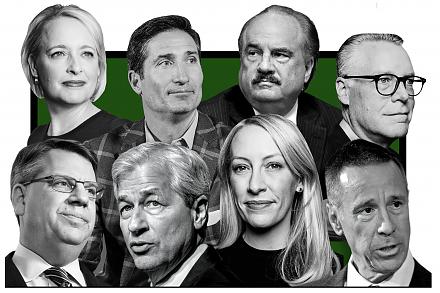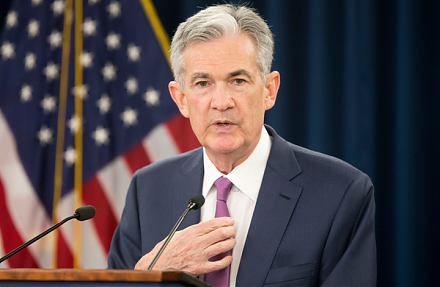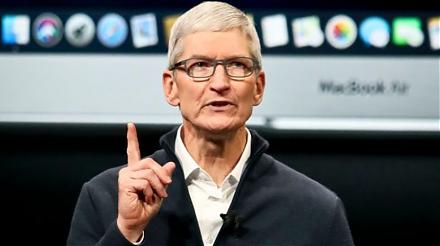

2017-12-09 08:37:00 Sat ET
treasury deficit debt employment inflation interest rate macrofinance fiscal stimulus economic growth fiscal budget public finance treasury bond treasury yield sovereign debt sovereign wealth fund tax cuts government expenditures
Michael Bloomberg, former NYC mayor and media entrepreneur, criticizes that the Trump administration's tax reform is a trillion dollar blunder because it adds another $1.5 trillion federal budget deficit to government debt over the next few years. The corporate tax cuts may restrict the U.S. government's ability to invest in education and infrastructure, may render health insurance more expensive, and may have no impact on real wage growth. Harvard public finance professor Martin Feldstein, however, says this tax overhaul is worth its costs because U.S. corporations will use their tax cuts to boost real wages and capex investments, and these firms will repatriate $2.5 trillion offshore cash to invest in job creation, manufacturing automation, and R&D innovation. In line with some economists' op-ed articles and blog posts on the probable effect of the Trump corporate tax cuts on real wage growth, a firm invests up to the point that the after-tax return on its labor and capital investments equates the return that investors require to allow the firm to expand its factor inputs. As the firm receives income tax breaks, it finances the purchase of new machines, plants, and computers. These capital expenditures make the typical worker more productive. Then the firm wants to hire more workers to run the new machines and computers etc. As a result, the typical firm raises real wages until the economy restores its steady state. Hence, tax cuts can effectively boost real wage growth ceteris paribus.
If any of our AYA Analytica financial health memos (FHM), blog posts, ebooks, newsletters, and notifications etc, or any other form of online content curation, involves potential copyright concerns, please feel free to contact us at service@ayafintech.network so that we can remove relevant content in response to any such request within a reasonable time frame.
2025-07-01 13:35:00 Tuesday ET

In recent times, financial deglobalization and asset market fragmentation can cause profound public policy implications for trade, finance, and technology w
2018-06-08 13:35:00 Friday ET

The Federal Reserve delivers a second interest rate hike to 1.75%-2% and then expects subsequent rate increases in September and December 2018 to dampen inf
2023-02-21 08:27:00 Tuesday ET

Mark Granovetter follows the key principles of modern economic sociology to analyze social relations and economic phenomena. Mark Granovetter (2017) &
2020-07-05 11:31:00 Sunday ET

Business entrepreneurs dare to dream, remain true and authentic to themselves, and try to make a great social impact in the world. Alex Malley (2014)
2019-01-21 10:37:00 Monday ET

Andy Yeh Alpha (AYA) AYA Analytica financial health memo (FHM) podcast channel on YouTube January 2019 In this podcast, we discuss several topical issues
2025-09-13 12:23:00 Saturday ET

Stock Synopsis: With a new Python program, we use, adapt, apply, and leverage each of the mainstream Gemini Gen AI models to conduct this comprehensive fund